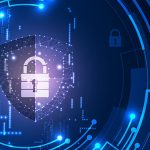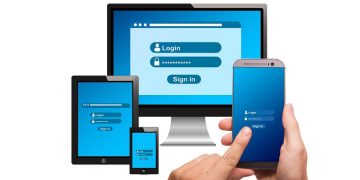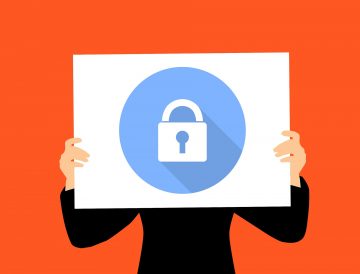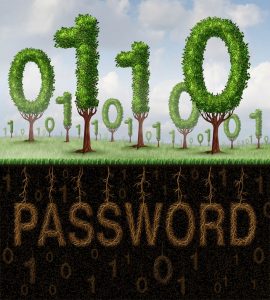What Is Spyware and How Can It Threaten Your Passwords?
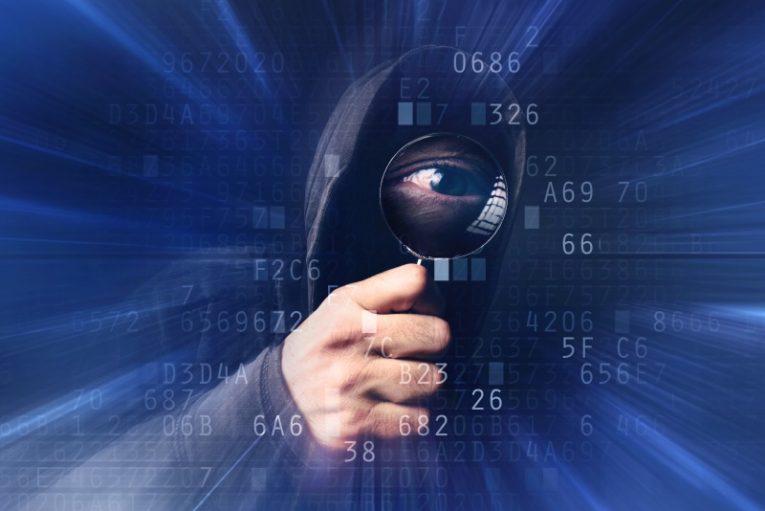
There are a surprisingly large number of different malware categories and different types of malware out there. Watching too many movies and series about hackers, you might only associate malicious software with the word "computer virus", but surprisingly, viruses are one of the least common types of malicious software these days. Spyware is one category of malware that has been built to quietly steal information.
Table of Contents
What Exactly Is Spyware?
Spyware can come in many forms and variations, but all of them are built, as the name implies, to spy on your system and activity and gather information. This includes the ability to steal passwords and login credentials, monitoring keystrokes or opening a back door for other, more dangerous malware to make its way on the victim's system.
How Can Spyware Make Its Way on Your System?
Spyware is distributed in a number of common ways. One is spam e-mail campaigns that include malicious links that will download the spyware when you click them. Another common spyware distribution venue is bundle freeware installers which may include a legitimate software application that has been bundled with spyware elements. Spyware may also be distributed using malicious websites that contain scams offering visitors free iPhones or other expensive gadgets that lure victims into clicking malicious links.
Why Spyware Can Be Dangerous?
Unlike most viruses, spyware does not make its presence known by crashing your system or displaying any error messages. In fact, the goal of all spyware is to remain undetected for as long as it can, avoiding detection and quietly gathering your information, then sending it to a remote server operated by the bad actors behind the malware. This ability to stay cloaked and quietly sabotage your work and your system is what makes certain strains of spyware dangerous.
How Can Spyware Threaten Even the Safest Passwords?
The danger of certain strains of spyware, such as password grabbers that scrape your browser's saved passwords, or keyloggers that monitor and record every keyboard button you press, should not be overlooked. Even if you practice the absolute safest way to store your passwords - memorized in your head only - and enter them manually every time in every login form, a keylogger will still be able to snatch your keypresses and the bad actors operating the spyware will be able to breach your accounts.
There is no way to know when your computer has been infected with spyware, unless you keep a computer security suite installed and updated to its latest definitions. Real-time detection on modern security software should be able to detect and stop spyware before it can deploy on your hard drive. This is why it's always recommended to have some sort of security software installed on all your devices at all times.





